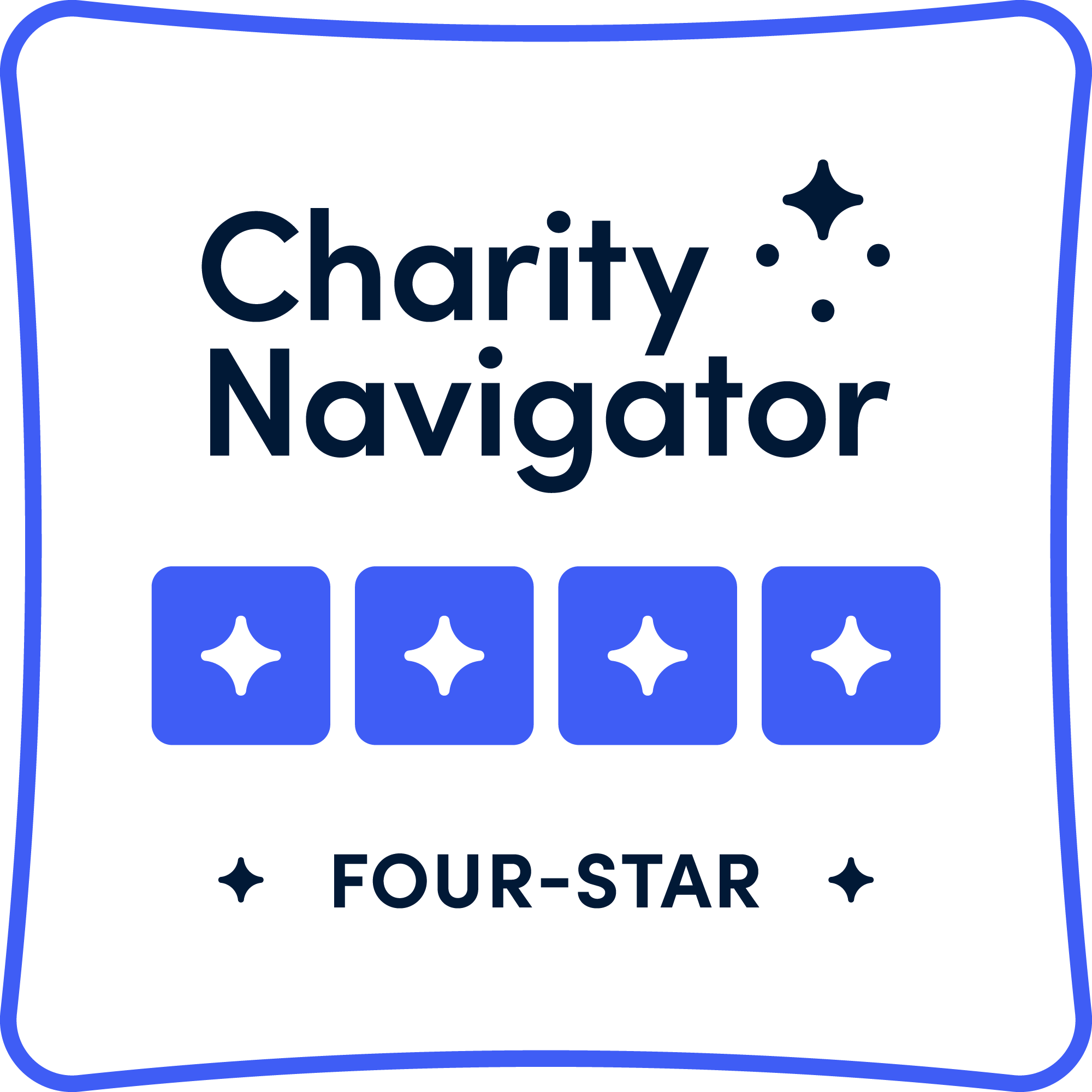This vignette highlights an adaptation of a summer science research program designed to prepare students who identify as members of underrepresented communities for science learning beyond high school while carefully considering students’ identities, interests, and prior learning experiences.
Engaging in the practices of real scientists and engineers is a key feature of authentic science experiences in science classrooms. Science learning that focuses solely on engaging students in the practices of scientists isolated from real-world examples, however, is unlikely to help students authentically understand what it means to do science and may also fail to motivate and prepare students for science beyond high school.1 Ensuring that high school science experiences are providing an authentic bridge between students and professional science endeavors requires balancing multiple priorities for design, beginning with understanding of where learners are in their learning, what they value, and what barriers may exist between students and the science careers they aspire to. The Opportunity Network’s Summer Science Research Program (OppNet SSRP) aims to create a collaborative research community of high school students who identify as a member of a historically and systemically underrepresented com-munity (e.g., Black, Indigenous, people of color [BIPOC]; first-generation college students) and have a household annual income under $125,000. Designed by, led by, and created for underrepresented STEM communities, the program seeks to prepare students to succeed in spaces where they have been historically undervalued or unwelcome. It does so by helping students develop foundational scientific research skills that will prepare them for challenging college STEM coursework to support their research/medical aspirations while amplifying their own and each other’s voices. The program was launched in late spring 2020, when it became clear that the COVID–19 pandemic would prevent the program’s fellows from experiencing the prearranged program design, which included interning in laboratories or hos-pitals during the summer of 2020. Many other programs of this type converted to lecture-based programs or canceled programming altogether. OppNet SSRP’s designers were determined to find a way to design a meaningful experience that would achieve their goals, even if students wouldn’t be able to engage in a site-based science internship. From the program’s application process to the final presentations following six weeks of research, OppNet’s designers made it clear to students that the program was a time to explore students’ interests and passions and science with the goal of preparing them for future success in STEM careers. Program participants were never called “students” but rather referred to as “Fellows” or “Scientists” and they would be paid a $1,000 Summer Opportunity Research Grant, upon successful completion of the program.
FEATURES OF THE PROGRAM
Connecting to students’ lives:
OppNet received applications from Fellows about a variety of topics directly relevant to their interests and experiences — including their siblings' illnesses, historical virology, how lack of sleep impacts student learning, the impact of drug and alcohol use on deci-sion-making, and how exercise impacts mental health. Student research questions reflected the everyday phenomena they were wondering about in their lives along with the problems they hoped to solve.
Authenticity Feature:
Students’ interests, culture, identities, and experiences are positioned as fundamental assets in the learning process. The OppNet SSRP allowed students to spend six weeks exploring a question that was meaningful and important to their lives.
Connecting to the Community:
OppNet Fellows had a clear but challenging task of conducting research and building a presentation in just six weeks, and this would be the first time that many of the program’s students would grapple so deeply with science ideas and engage in practices to build an explanation for the research question they had selected. Fortunately, students were not left alone to accomplish this task. They received three forms of support that included:
Authenticity Feature:
Students integrate skills with core knowledge of science and engineering professions. Students obtained, evaluated, and communicated information from a variety of sources to construct an explanation for their research question.
- A team of STEM Research Educators, all first-generation college upperclassmen who themselves had successfully persisted through traditional STEM weed-out courses despite the odds, worked alongside a career educator to design a learning experience that included whole class, small group, and regular one-on-one mentor meetings.
- A weekly journal club, in which students were assigned a science research article to read and collaboratively discuss. The journal club acknowledged that the task would be challenging and that reading and discussing science research articles was a new but important experience for most students, “Talking out loud in Science is hard. This is practice.”
-
A Networking with STEM Professionals event, in which a public health researcher, a STEM professor, a neurosurgeon, and a veterinary medicine student spoke with the Fellows about their experiences in STEM, both academically and professionally.
Sample questions from OppNet’s Networking with STEM Profes-sionals Event. Student questions reflect a desire to understand the personal and professional identities of scientists they met, as well as what has led to their success:
- What is your lifestyle like in your field –hours, typical salaries, dress, creativity, work environment?
- Can you describe a time that you made a professional mistake or failed and how you recovered from it?
- How has your support system played a role in your achievements and/or research?
- How do you incorporate aspects of your identity in your work and/or research?
Authenticity Feature:
Students learn by engaging with both peers and adults. OppNet Fellows received regular support and feedback from their peers and a team of instructors. They also had the opportunity to network with STEM professionals.
OppNet wanted students to leave the program understanding that science was both a way to make sense of the world around them and also a powerful tool that had the ability to positively impact their communities. Students were charged with commu-nicating the findings of their research to an audience of their choice — one for whom their research could have immediate, real-world, positive impact. Fellows were able to choose the format they would use to communicate their findings. While many Fellows chose to make a slide presentation, which was also easily shareable via social media, Fellows also created blog posts, one-pagers, literature reviews, and video presentations.
We didn’t just teach skills to support Fellows in overcoming the intimidation of finding, accessing, reading, discussing, synthesizing, and citing scientific journal articles — we also supported them in developing mindsets needed for college and career success. Stephanie Nudelman, OppNet SSRP Program Director
Authenticity Feature:
Students use science to explain the world around them and solve problems that matter to society. Students researched a question of concern to them and communicated their findings in a format that would be most useful for their target audience.
1. Schwartz, R., Lederman, N., & Crawford, B. A. (2004). Developing views of nature of science in an authentic context: An explicit approach to bridging the gap between nature of science and scientific inquiry. Science Education, 88(4), 610–645. https://doi.org/10.1002/sce.10128
Click here to read the original article.

